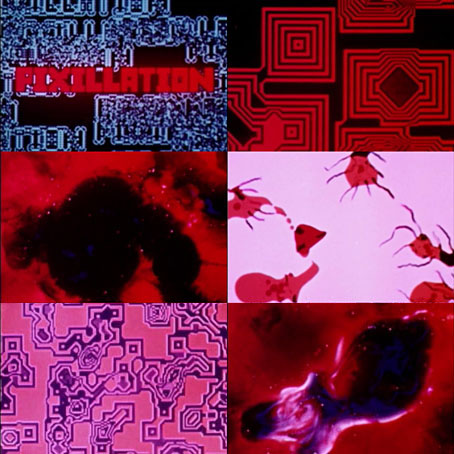• In Tate Britain yesterday afternoon I finally got a proper look at Frederic Leighton’s An Athlete Wrestling with a Python (1877). It’s been part of the Tate collection for years but I never used to see it there, my only sighting being a view through a glass door into a locked gallery where the exhibits were being rearranged. I put the statue into my adaptation of The Call of Cthulhu in 1988 (see this post). Virgil Finlay also borrowed the pose for a Tarzan illustration in 1941.
• At Smithsonian magazine: See the first section of the largest-ever cosmic map, revealed in stunning detail by the Euclid space telescope.
• At The Daily Heller: Your Next Stop, The Twilight Zone. An interview with Arlen Schumer about the TV series.
• At Wormwoodiana: Mark Valentine on Punch and the Surrealists.
• Mix of the week: DreamScenes – October 2024 at Ambientblog.
• New music: A House Where I Dream by Mattias De Craene.
• RIP Lillian Schwartz, pioneering computer animator.
• At Bandcamp: The Acid Mothers Temple Dossier.
• Where to start with Alan Garner.
• The Twilight Zone (1963) by The Ventures | The Twilight Zone (1979) by The Manhattan Transfer | Twilight Zone (1998) by Helios Creed


